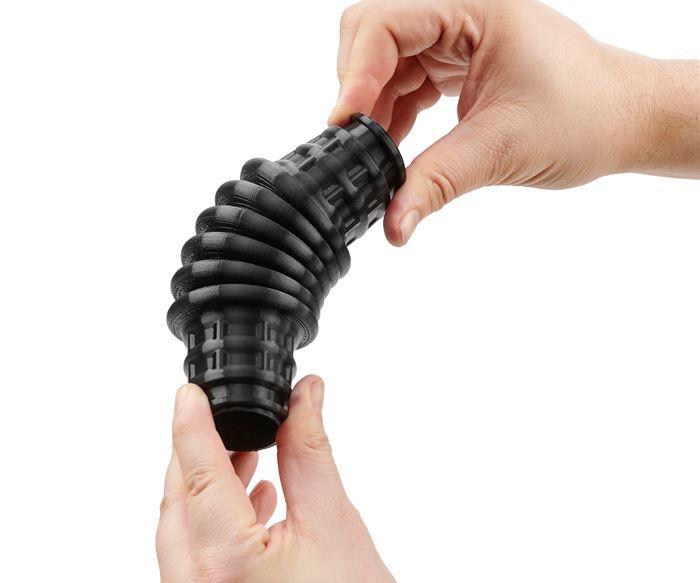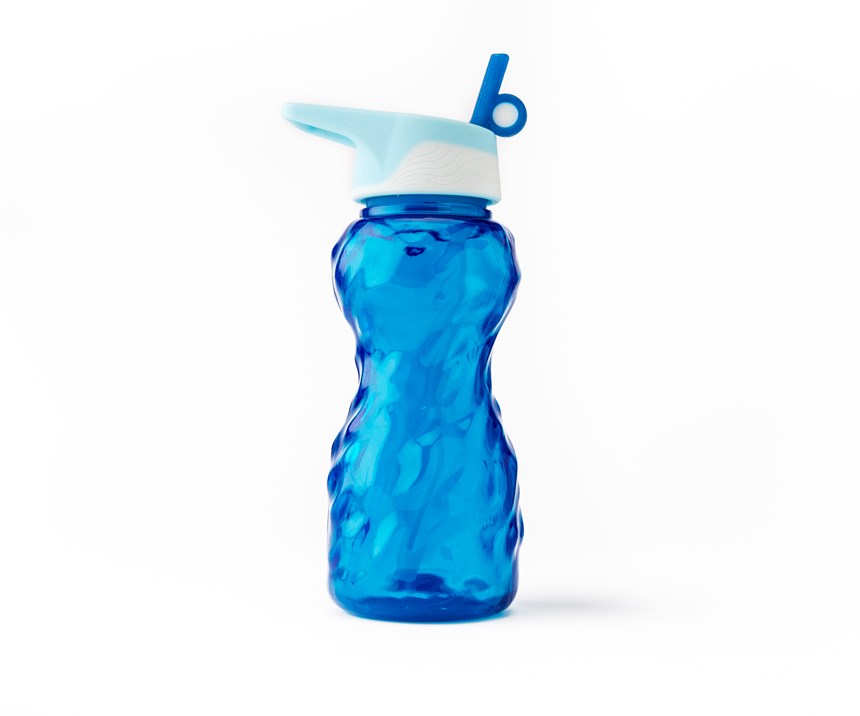Stratasys Puts Additive Manufacturing to Work
Built for F123 machines, thermoplastics bring elasticity and durability with soluble support.
Putting additive manufacturing to work across rapid prototyping, custom tooling and part production processes, Stratasys is bringing to market elastomers and materials for its FDM and PolyJet machines. Enabling customers to design for 3D printing, the FDM elastomer solution is intended to provide manufacturers with new levels of elasticity and durability with soluble support. Offered across the F123 3D printer platform, the Stratasys TPU 92A elastomer is designed to meet the needs of manufacturers requiring part elongation and toughness.
Stratasys also announced five new materials for its J750 and J735 PolyJet 3D printers. These materials feature an ability to mimic rubber, leather or plastic. These realistic prototypes are designed to enable teams to better meet specific design objectives, streamline iterations, and shorten time-to-market and time-to-revenue.
The Agilus30 White material mirrors parts such as rubber-like seals and gaskets for automakers—or vividly colored models used for prototypes in sporting goods, consumer electronic components, or toys and figurines. Mixing both rigid and soft materials, Agilus30 White produces a range of prototypes on a single printer.
VeroVivid Cyan expands the J750 and J735 gamut to more than half a million colors. Producing colors and translucency in a single print, VeroVivid Cyan and the VeroFlexVivid engineer effective prototypes for such markets as consumer goods, packaging and eyewear.
Stratasys’ PEKK-based FDM thermoplastic material, Antero800NA, available on F900 3D printers. This material is chemical resistant, possesses low outgassing properties and exhibits high heat resistance, especially useful in aircraft and space applications.
Med625FLX is a bio-compatible material, suited for dental and orthodontic applications such as indirect bonding (IDB) trays and implantology case work-ups. Available on both Objet260 Dental and Objet260/500 Dental selection 3D printers, the material is designed to advance indirect bonding trays by allowing the direct printing of flexible IDB trays, and is designed to reduce bracket placement times by as much as 75 percent and cut the cost for labs to produce by 40 percent.
Related Content
-
Machine Hammer Peening Automates Mold Polishing
A polishing automation solution eliminates hand work, accelerates milling operations and controls surface geometries.
-
Laser Welding Versus Micro Welding
The latest battle in finely detailed restoration/repair of mold materials.
-
Hands-on Workshop Teaches Mold Maintenance Process
Intensive workshop teaches the process of mold maintenance to help put an end to the firefighting culture of many toolrooms.

















